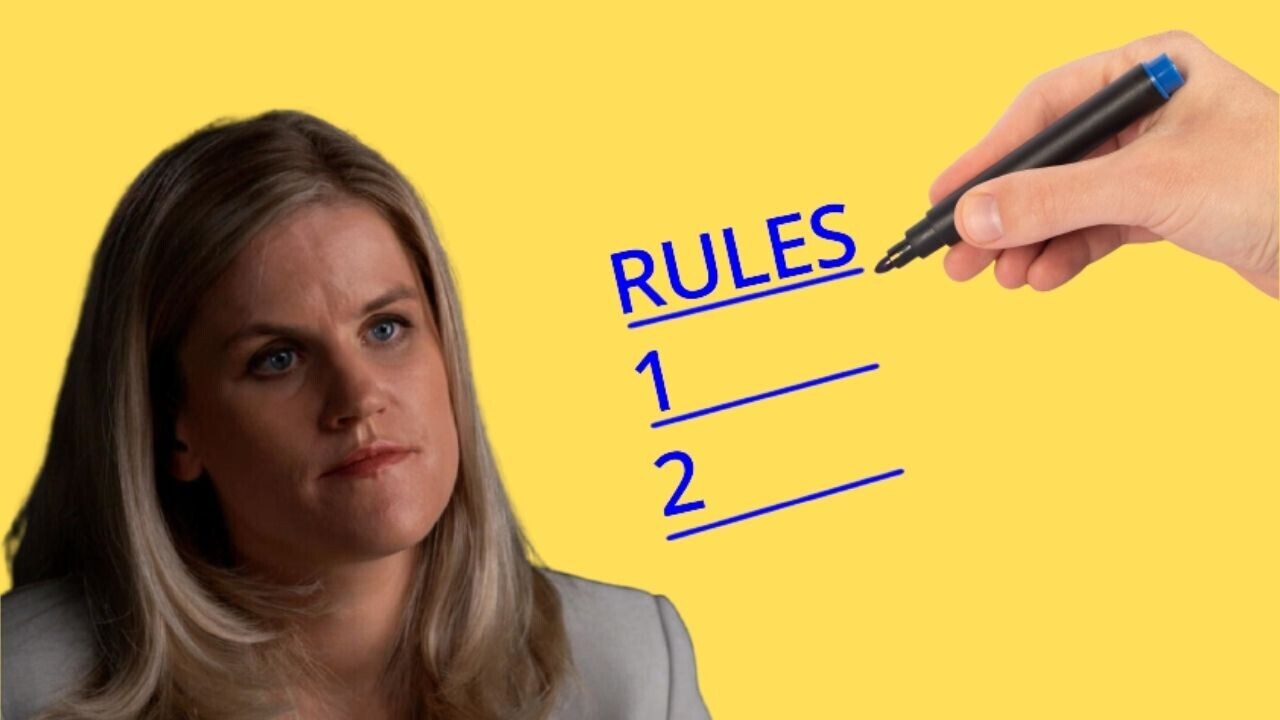Frances Haugen’s testimony tour arrived in Brussels on Monday to a rapturous reception.
The Facebook whistleblower told European lawmakers that the EU’s Digital Services Act (DSA) could set a “global gold standard” for online safety — as long as they make a few tweaks.
The new rules — which are due to be finalized next year — are meant to improve content moderation. Haugen’s comments on the regulation shone further light on how she wants online platforms to be policed.
Regulating big tech
Haugen had previously suggested a range of measures to curb harmful content:
- Requiring platforms to publicly disclose their internal research
- Developing a new regulatory body staffed by experts on algorithms
- Tightening data transparency laws
- Reforming Section 230 to make platforms responsible for the content they promote
- Switching social media news feeds to chronological rankings
Haugen does not, however, want to break Facebook — sorry, Meta — up. In her view, that wouldn’t solve the problems caused by the company’s algorithms. Instead, it would simply split the challenges across separate entities.
At the European Parliament, Haugen expressed further concerns about some of the more stringent rules.
The EU model
While MEPs used Haugen’s testimony to promote their own proposals, the data scientist didn’t support all of their ideas.
In certain areas, she advised lawmakers to beef up the DSA. Notably, she argued that the rules should cover any content that violates a platform’s terms and conditions, rather than just illegal content.
? Watch live as Facebook whistleblower Frances Haugen reveals to Parliament members how social media platforms use your personal data and how this affects you ⬇️ https://t.co/94mepLgOB0
— European Parliament (@Europarl_EN) November 8, 2021
She also warned that merely forcing platforms to provide their data is not enough. In addition, she said the companies must publically explain how they collect data for uses such as ranking content, advertising, and scoring parameters.
She further criticized the DSA’s potential exemption for news media, as it would provide a loophole for disinformation campaigns to exploit.
Haugen also advised lawmakers to impose “language-neutral solutions” on platforms, EuroNews reports. This would ensure that content moderation doesn’t only work on American English.
If you get the DSA right for your linguistically and ethnically diverse 450 million EU citizens, you can create a game-changer for the world.
Cautious optimism
However, not all her suggestions involved tightening the rules. Haugen cautioned against an outright ban on targeted advertising, TechCrunch reports.
She’d prefer to let the users choose whether they receive ad targeting, although she does want a ban on using third-party data sources, such as credit card companies, for ad targetting.
Some MEPs will be disappointed that she rebuffed this proposal, but her comments will be largely welcomed by EU lawmakers. Her compliments of the DSA — measured as they were — have given the bloc’s rules some extra credibility.
The DSA, however, has also attracted criticism — and not only big tech lobbyists. Digital rights activists warn that the laws will muzzle free speech and disproportionately impact small organizations.
Get the TNW newsletter
Get the most important tech news in your inbox each week.






